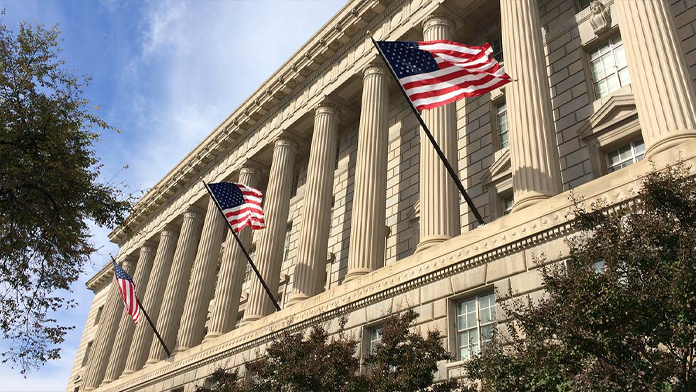Exclusive content

The US government is currently engaged in a thorough investigation into allegations of dumping and subsidies related to frozen warm-water shrimp products exported by Indonesia, Ecuador, Vietnam, and India. The American Shrimp Processors Association (ASPA) brought these concerns to the attention of the US Department of Commerce (USDOC) and the US International Trade Commission in October 2023, advocating for the imposition of antidumping and countervailing duties (CVD) due to perceived unfairly low shrimp prices from these supplying countries.
ASPA’s claim is that these low prices have led to decreased margins and market share for local shrimp producers, causing an oversupply in the market. The International Trade Administration (ITA), a branch under the USDOC, responded by initiating antidumping investigations on Indonesia and Ecuador, while also applying CVD on Indonesia, Vietnam, Ecuador, and India since November 2023.
According to ITA, alleged dumping margins for Indonesia range from 26.13 percent to 33.95 percent. Furthermore, Indonesia’s alleged subsidies surpass the prescribed thresholds of less than one percent for developed countries and less than two percent for developing nations. Consequently, the US government intends to impose CVD and antidumping tariffs in May and August 2024.
In response to these investigations, the Indonesian government is actively formulating strategies to counter the allegations and avoid the imposition of antidumping and CVD duties on shrimp products exported to the US. The Trade Ministry’s Directorate General of Foreign Trade, the Marine Affairs and Fisheries Ministry’s Director General of Strengthening the Competitiveness of Marine and Fishery Products, along with AP5I, are diligently completing questionnaires sent by the US government and preparing counterarguments.
The Indonesian government is particularly focused on defending programs such as fisheries sector financing facilities and insurance for small-scale fish breeders, asserting that these initiatives do not qualify as subsidies. Their aim is to present a robust defense and ensure the continued export of shrimp products to the US without additional duties.